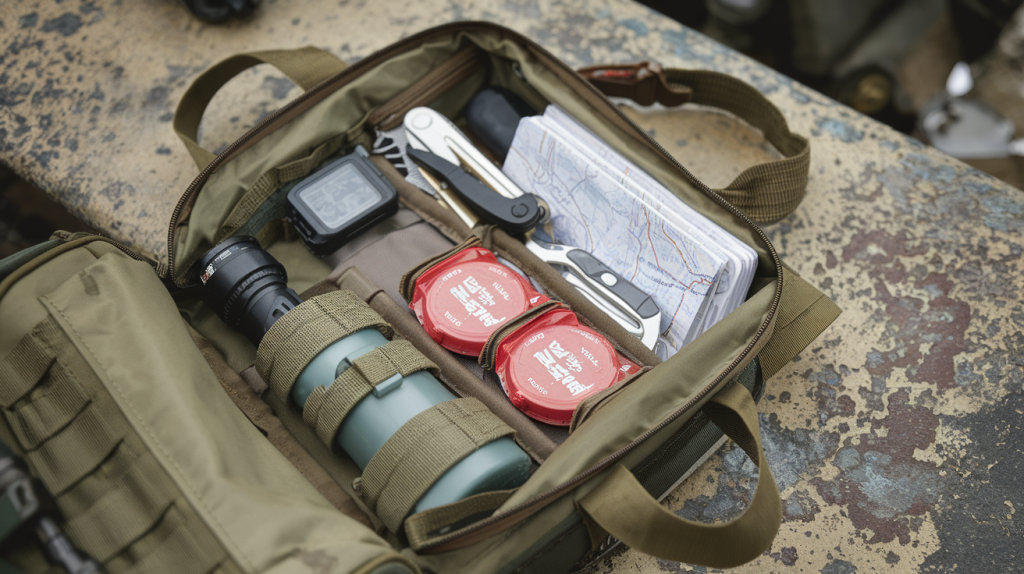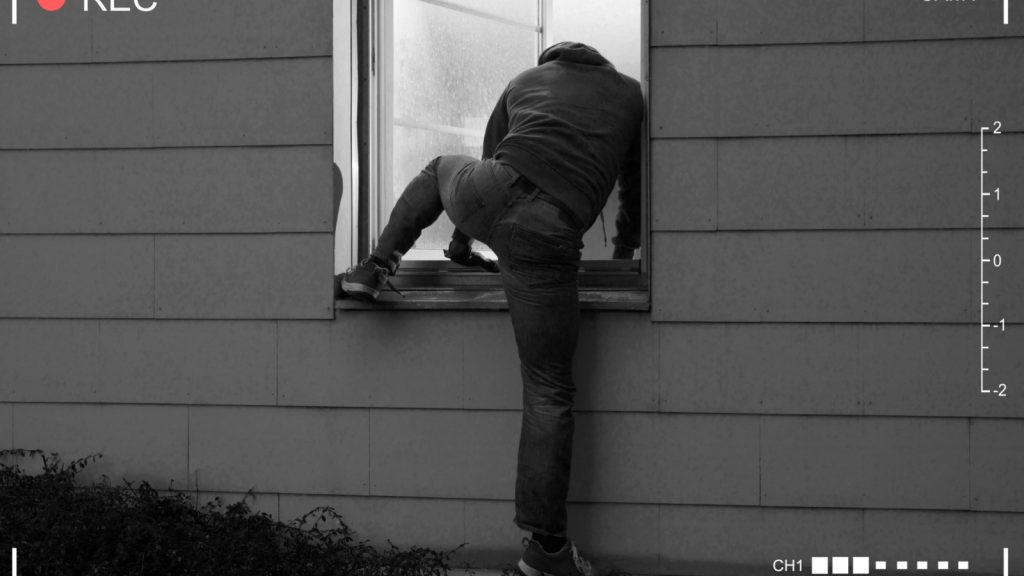Prepping doesn’t have to cost a fortune. In fact, some of the smartest prepping moves cost next to nothing—they just require a bit of creative thinking and willingness to roll up your sleeves. Think of it this way: your grandparents probably knew dozens of ways to make things last, fix what’s broken, and turn everyday items into useful tools. That’s the kind of practical wisdom we’re talking about.
We’ve gathered 15 clever ways to level up your preparedness game without breaking the bank. These aren’t just money-saving tips—they’re skills and solutions that could make all the difference when stores are empty and you need to rely on what you have. Because let’s face it: when things go sideways, it’s not about how much you spent on gear. It’s about knowing how to use what’s around you.
From transforming ordinary household items into survival tools to stretching your resources further than you thought possible, these budget-friendly strategies will help you build real resilience. After all, the most valuable prep you can have isn’t something you buy—it’s the knowledge between your ears and the skills in your hands. Here’s how to get started.

Save Seeds From Your Garden
By saving seeds from your plants, you’ll create a sustainable supply of crops adapted to your garden’s unique conditions. It’s free, rewarding, and cuts down on the need to buy seeds each year.
Enhance Windows for Efficiency
Thermal curtains or reflective film can make a big difference in controlling your home’s temperature. These affordable upgrades keep things warmer in winter and cooler in summer, saving energy and money.
Expand Your Garden
Growing more food, especially hardy perennials like berries or herbs, can be a reliable source of sustenance. Seeds and starter plants cost little, but they’ll reward you with fresh produce for years with minimal maintenance.
Assemble an Emergency Binder
An emergency binder with essential documents, emergency contacts, and plans can be priceless in a crisis. It’s a simple yet effective way to stay organized, and putting one together costs almost nothing.
Use Natural Pest Control
Homemade pest solutions like vinegar traps or essential oil sprays can tackle insects and rodents without the cost of exterminators. Plus, they’re safer for your family and the environment.
Install a Rainwater Harvesting System
Harvesting rainwater is easier than it sounds. All you need are some barrels and a connection to your roof’s guttering system. Use the collected water for gardening, cleaning, or even drinking if treated. It’s a low-cost way to stay water-secure and trim your water bill.
Build Your Own Water Filter
Making a DIY water filter is easier than you think. With basic materials like charcoal, sand, and gravel, you can assemble a system to purify water effectively. This budget-friendly solution ensures you’re never without clean water, cutting dependence on expensive bottled water during emergencies.
Choose Multi-Purpose Tools
A single multi-tool or a versatile hatchet can replace a boxful of separate tools. These are invaluable for both everyday fixes and emergency repairs, cutting down on cost and space.
Try a Thermal Cooker
A thermal cooker works by using heat retention to cook meals slowly without needing constant energy. You can even make your own with a well-insulated container. It’s a clever way to cut down on fuel use while keeping food piping hot.
Switch to LED Lighting
LED bulbs might cost more upfront, but they last longer and use far less electricity than traditional ones. Over time, they’ll save you plenty on your energy bills, and you won’t have to replace them as often.
Add Fire Safety Gear
Fire extinguishers, smoke detectors, and fire blankets are inexpensive yet vital safety tools. Keeping them within reach could prevent a disaster and save your home from costly damage.
Create a Solar Oven
A solar oven is a brilliant way to cook using free energy from the sun. With just a cardboard box, aluminum foil, and some patience, you can bake, boil, or heat food without fuel. It’s perfect for power cuts or times when resources are tight.
Improve Insulation
Sealing up your home is one of the cheapest ways to cut heating costs. Use weather stripping for windows and doors and fill gaps with caulk. It keeps the warmth in during winter and helps keep your energy use in check.
Pick Energy-Saving Appliances
When upgrading appliances, go for energy-efficient models. They might cost more upfront but will quickly pay for themselves with reduced electricity or water bills.
Make a Homemade First Aid Kit
Building your own first aid kit is not only cheaper but also lets you customise it with items you know you’ll use. Stock up on essentials like plasters, antiseptics, and bulk-purchased medications for an affordable and thorough kit.
James is a former logistics coordinator and wilderness safety instructor, whose practical experience taught him the value of sensible preparedness and calm resilience. Passionate about self-reliance, James teaches everyday skills—like water purification, emergency communication, and outdoor safety—to help people confidently handle life's disruptions without fear or overwhelm. His approachable style combines real-world insights with relatable, personal stories and experiences.



